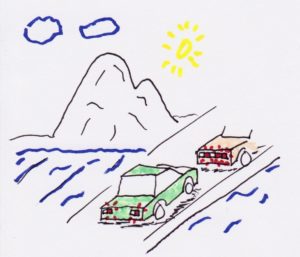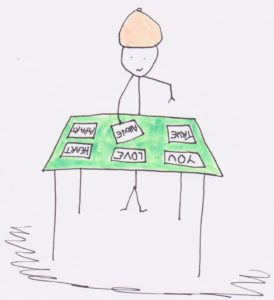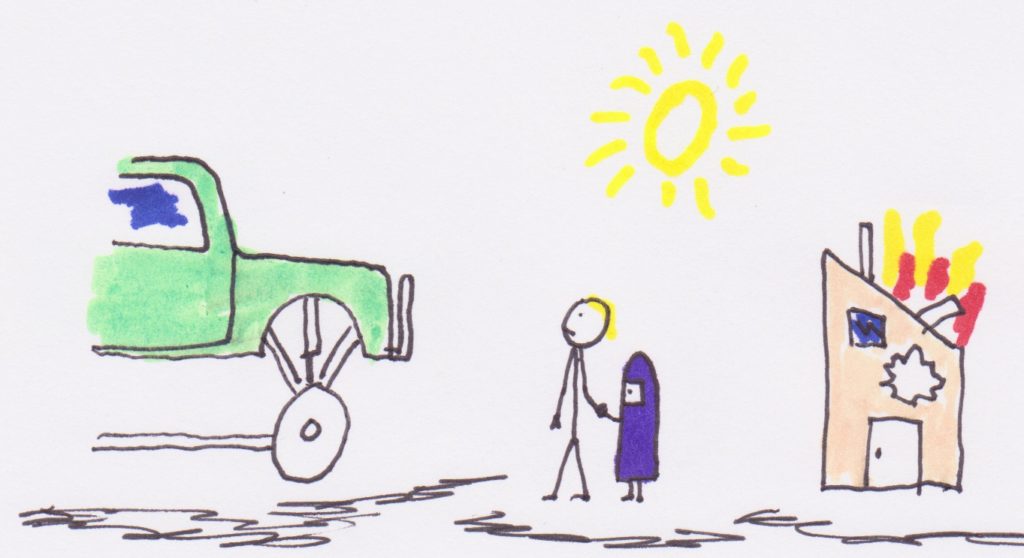
It’s the small things in life, they say, that make a difference. I drive to work most days, across the lovely Evergreen Point Floating Bridge. I really mean lovely – you usually get a great view of Mount Rainier. Anyway, this means I get to spend a reasonable amount of my time in stop/go freeway traffic, looking at Mount Rainier.
In Europe, like in America, cars are equipped with a special set of rear lights which are intended to show to other road users what the driver is attempting to do. There’s a white one to show that the car is in reverse. There are two, perhaps three large red ones to show that the car is slowing down. And there are two orange ones, one on each side, which employ a time-honoured blinking action to demonstrate that the driver is intending moving in that direction. This system works great.
In America, there is a similar system. Similar, except for the fact that the lights intended to indicate motion are not orange, but red. The sharp-eyed among you may notice that this is the same colour as the brake lights. Perhaps orange is an unsually expensive filter. Perhaps orange was once regarded as unlucky. Still, not to worry. They still blink. Surely anyone who could confuse a single blinking red light with several solid red ones ought not to be on the road in the first place.
This is a reasonably sensible conclusion to draw, until you are furnished with two other pieces of information. First off, Americans primarily drive automatic cars. Automatic cars don’t slow down appreciably when you lift off the accelerator, so you often need to give the brake a little tap when trying to maintain pace with traffic. Or perhaps two or three little taps. This introduces a behaviour not unlike flashing in your brake lights. Secondly, unlike most other countries, America doesn’t require any sort of roadworthiness test alongside its road tax. This means that there are oceans of cars out there with one single operational brake light.
These two facts conspire with the red-only lights to produce an effect which could fairly easily be confused for a turn signal, especially in stop-go traffic. In order to save confusion, I propose that every car is fitted with one large, centrally mounted red light. The light comes on automatically whenever the driver moves the gear lever or steers. Not only will this save money, it will also mean there can never again be a confusing signal. Unless the light is broken.


